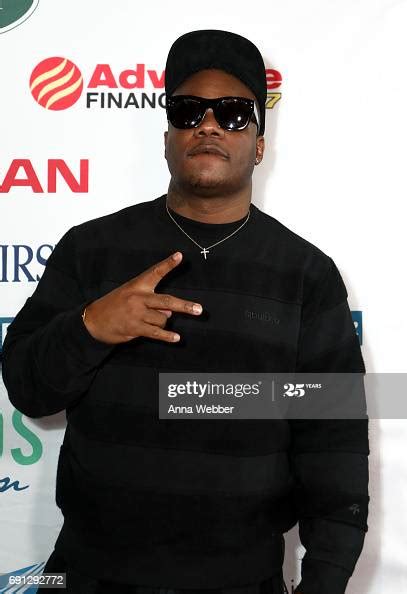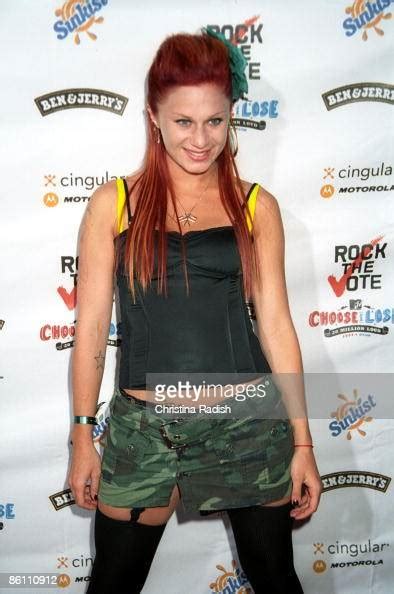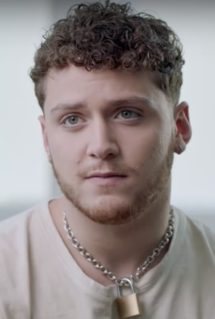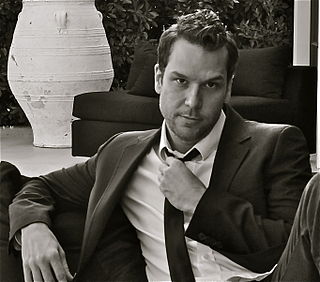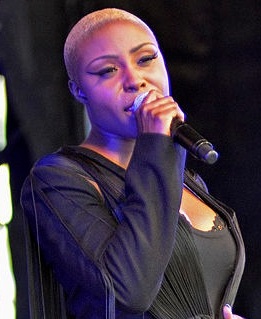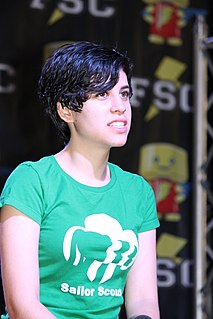A Quote by Tracy Letts
Well, one of the things we're supposed to be able to do as playwrights is write from a place of empathy, get into another character's shoes and experience things both mundane and tragic. And people don't - like me right now - people aren't necessarily the most eloquent when trying to express their emotions. I guess I feel as a playwright that those people deserve a voice, too, a voice that isn't so articulate that they themselves can no longer identify with it.
Quote Topics
Able
Another
Articulate
Both
Character
Deserve
Eloquent
Emotions
Empathy
Experience
Express
Feel
Get
Guess
Identify
Like
Like Me
Longer
Me
Most
Mundane
Necessarily
Now
One Of The Things
People
Place
Playwright
Playwrights
Right
Right Now
Shoes
Supposed
Supposed To Be
Themselves
Things
Those
Too
Tragic
Trying
Voice
Well
Write
Related Quotes
Yes, I am one of those people who feels that most of my work is adaptation of one sort or another. For me, it's a way to jump-start the engine. For example, some people use the technique of basing a character on a friend. They start writing with his or her voice, then at a certain point, the character takes off on his or her own. It probably no longer resembles the model, but it helped the author to get going. I find that's true of form, too. For every play I've written, I know what play I was trying to imitate. That helps me get going.
Obviously, when you're in theater, you have to be in character. You have to prepare for the unexpected. You have to be able to react to things that don't necessarily happen every night, or aren't supposed to happen every night. And you have to react to it in character. In six months, 192 shows, those things did happen. And the experience of that, the ability to stay in character, I feel like I've learned a great deal.
How do I do that preparation [for film]? Just an immersion. I have a musician's, I guess, ear for the sound of the voice but it's also important to me, in the case of [playing] someone who is controversial, to get the outlines of the character right because how they present themselves to the world has a great deal to do with how people feel about them.
My advice is: to try and stay really true to the things that make YOU laugh, as opposed to trying to create a character that you think is funny. Some comedians get into bad habits when they are trying to create something that is not them, and they are trying to write a voice that isn't their true voice.
I wanted to be a singer, of course, but there was something about the songwriting, then and now, that is the most important thing. It's how I express myself, how I express how I see things. When I see people struggling with emotions and feelings and don't know how to put it down, I'm able to do that. It's really like a therapy, and it's like a buddy and a friend. It's a way out of a lot of things.
To touch on people's lives [ in a way they ] haven't been touched on before, it´s fascianting. You know, it's one thing if [ a celebrity ] has an incredible character and you're really going to be able to delve into their personality – that's great. But you can never get real purity if people have been spoiled by the camera and don't trust you. I like feeling that I'm able to be a voice for those people who aren't famous, the people that don't have the great opportunities.



